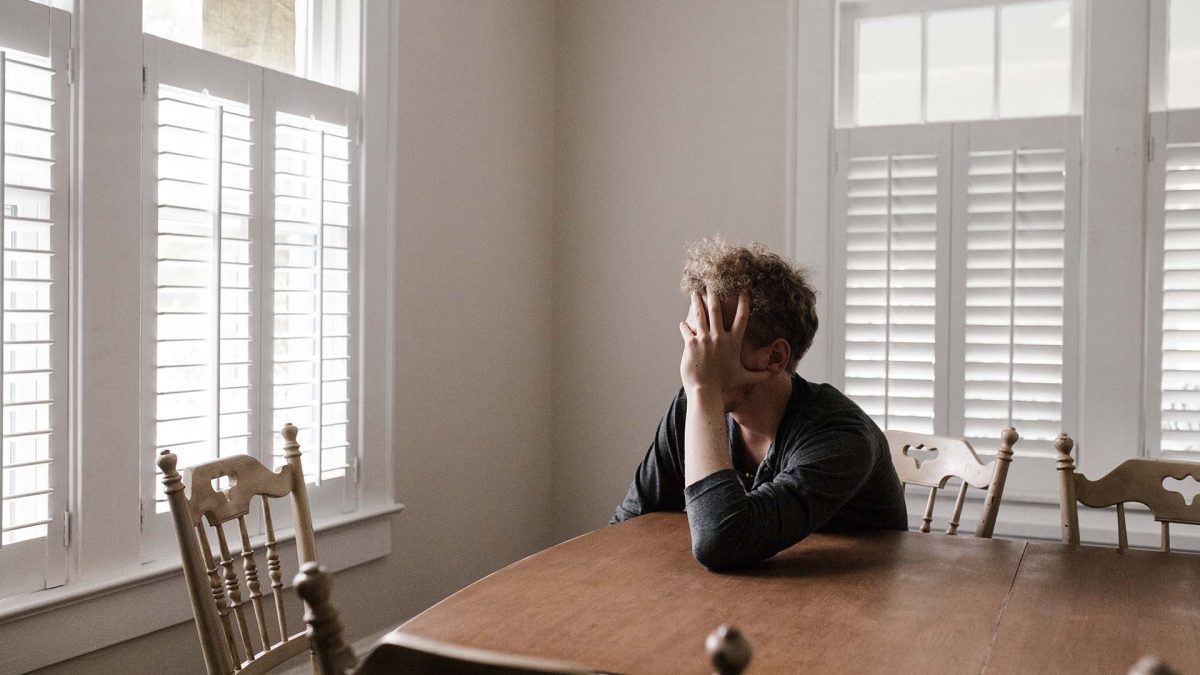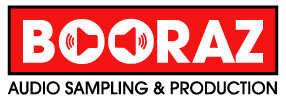Here’s a list of absolutely crucial steps you should take for launching successful production music composing career.
DISCLAIMER: All things written in this article are derived from my own experiences. I am not saying that any of this is absolute way to do anything but all of these things helped me a lot so I’m hoping they’ll do the same for you. Enjoy!
1 –Listen, Explore and Learn!
2 -Make Music Every Day!
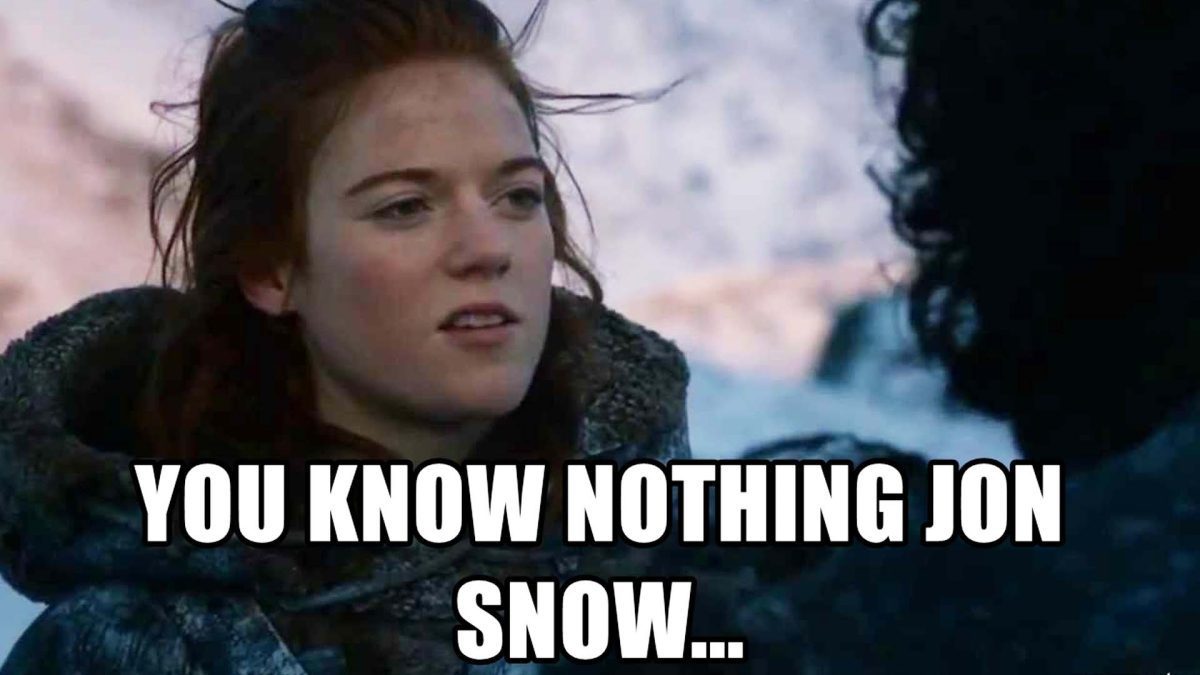
3 – Register Your Music With A PRO
That’s where you IPI Number comes on stage. This is the number that you will get from your PRO upon first registration with them. Consider that your unique artist ID, similar to your social security number (used in USA) or personal/tax ID number (used in Europe).
That is your composer ID number. Every contract you sign will have that number. Every publisher you talk to will ask you for that number. Every track you register will be routed through that number. So once you get it, keep it close. If you are planning to be an active composer, you will need it A LOT!
In general registering music (or yourself) with a PRO is fairly simple. Most PROs will ask you for your basic details upon first registration. Meaning your name, address, bank details, artist name (if you have any) and they will posibily ask you to submit few tracks with them so they can see and hear that you are living and breathing human being and a proper composer. After you send all that you will probably get the contract and they will assign you with your IPI number.
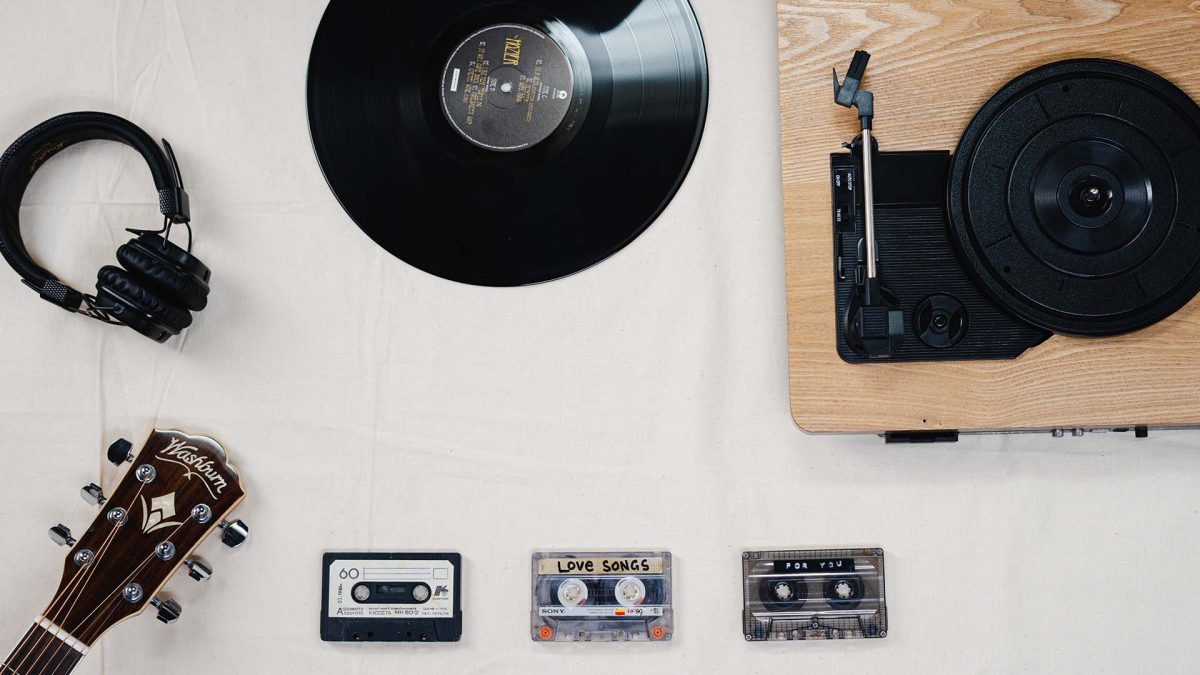
4 – Sign Up For ContentID Service
What is YouTube ContenID service?
Why should you register your music with ContentID service?
How do you register music with ContentID service?
- register an account
- upload your tracks
- fill out track data
- save and publish
And that’s it. After that it’s all on you. Put your tracks in the right channels, put it on your own channel. Promote it!
There’s a list of nice YouTube Channels in one of the previous articles, that may be worth checking out! Click here!
ContentID services will offer you whole range of services that you can use like: they willl allow you to whitelist certain channels and allow them to use your music without payment. For example if you have your own successful YouTube channel you may want to monetize it on your own. Or someone has reached out and paid you the license to use your music in their video. There are also ways to ban and take down video who use your music without authorization.
IMPORTANT NOTE: If you are working with a publisher read carefully are you allowed to post track on ContentID services on your own. Most of the publishers will do that for you and track those usages themselves and give you the appropriate percentage or no percentage depending on your contract. Point being: when you sign up with a publisher and they start promoting and pushing your work for you they expect compensation for everything they do and if you get to work with a nice publisher it’s well worth it!
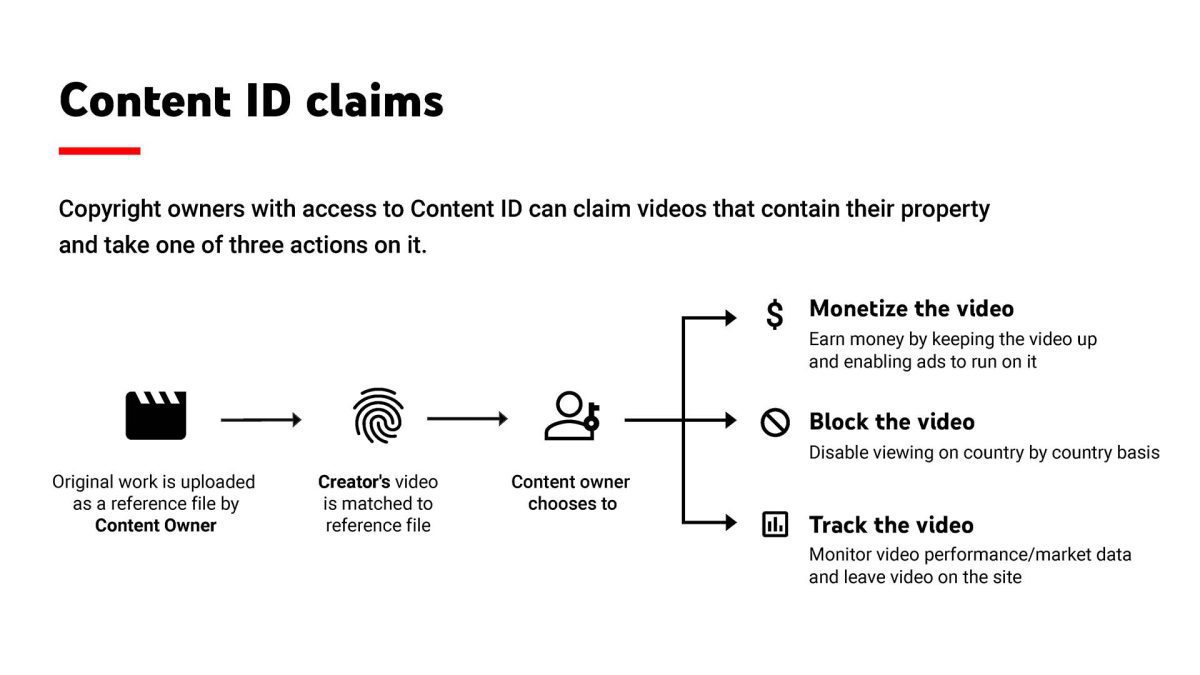
5 – Collaborate With Others
In my opinion, this one is not a MUST but it’s a good thing to do.
I did several collaborative tracks and albums and it really helped me improve my creative process by just watching and analyzing someone else’s.
It’s also a superb way to learn new stuff. Music is an art form and no two artists think alike. You will pickup tons of new tricks and new ideas for approach. That’s for sure!
Composing alone, in your room is fun! Just like with tennis, it’s fun to play against the wall. But it’s much more fun to have someone to hit that ball back to you.
That’s why, over time you will want to expand, include live musicians, have guests on your tracks, etc.
Every collaborative effort was super fun and huge learning experience for me so I really recommend you try working with others.
6 – Optimize Your Creative Workflow
- Try to find the part of the day when feel the most inspired and ready to work.
- Try to find some tracks, movie, book, playlist, landscape, person, anything that can help you get in the zone for composing.
- Setup your DAW and your templates to fit YOUR needs. Don’t just copy someone else’s.
- Use tools, libraries and plugins that you already took time to familiarize yourself with.
All of these points are SUPER individual. They are not technical, can’t be taught to you, to find your optimal workflow you need to explore yourself a bit and find these on your own.
All of these things sound super philosophical but they are not.
Some people work better in the evening, I myself I’m the most productive super early in the morning. Some people get inspired by music I get inspired by taking a walk. Some people have 1000+ tracks VEP orchestral templates, I have bare bone template with just routing and basic FX in. Some people hate OTT compressor I love the hell out of it, etc.
Here’s the example of us having the discussion on building templates. There pretty huge names in the industry involved so feel free to take a look. Pretty much EVERYONE has a different approach and a different type of template or no template at all! Click here to read the discussion on Facebook.
If you feel like learning more about templates check out this page from my friend Nicolas Schuele.
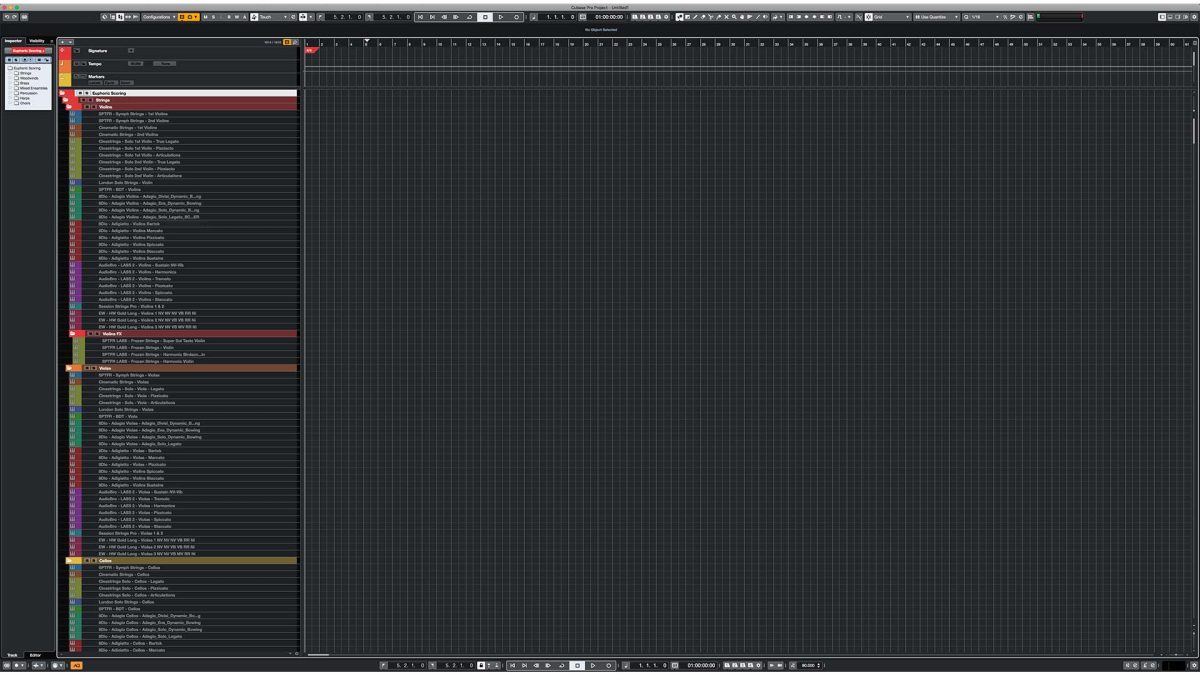
7 – Avoid Overwhelming Yourself
BUT
